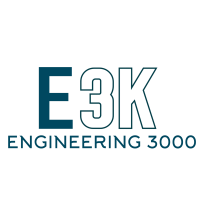3D Printing for Niche Markets: Tailoring Prototypes for Australian Industries
Rapid prototyping for product design allows Australian industries to tailor prototypes for niche markets. 3D printing offers fantastic benefits for businesses, namely the ability to quickly and cost-effectively design, test, and refine products, overcoming the limitations of traditional manufacturing for low-volume, high-complexity, or custom parts. Companies across sectors like medical devices, renewable energy and agriculture […]
3D Printing for Niche Markets: Tailoring Prototypes for Australian Industries Read More »









